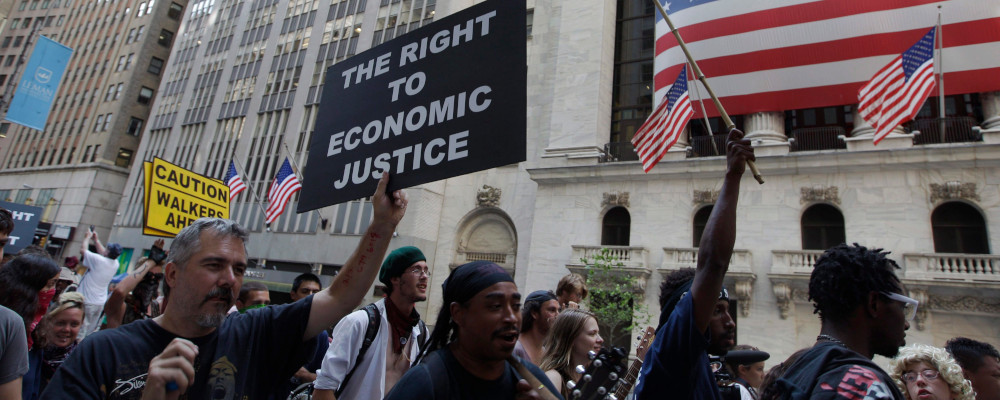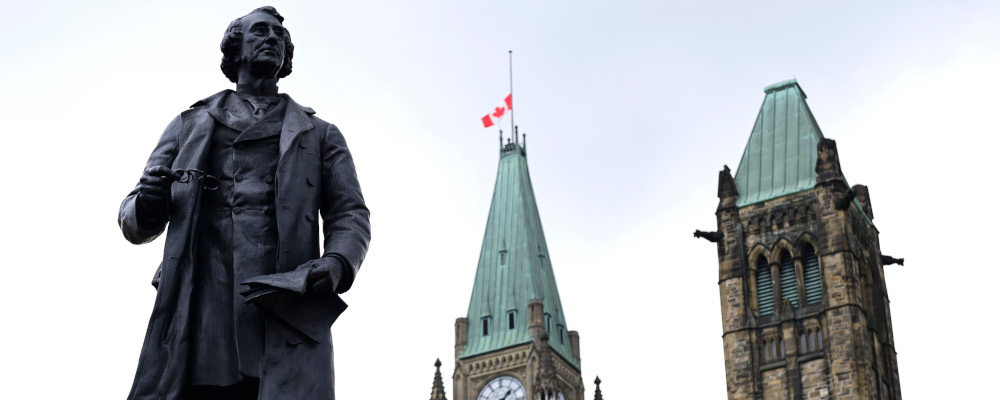Stephen Hawking’s A Brief History of Time was awarded the prize for the least-read book that became a bestseller. The Hawking Index prize now belongs to the French economist Thomas Piketty’s Capital in the Twenty-First Century. The average reader managed to get to page 26 of this 700-page book before throwing in the towel. I believe readers stopped reading for different reasons. While people wanted to know about the universe’s origins, many found it difficult to understand. Piketty’s readers weren’t interested in understanding rising wealth or income inequality but in confirming their preconceived ideas that growing inequality is bad for the world and capitalism is the cause. For many, it is enough to keep Piketty’s book nearby as a talisman. And the tedium of the French translation didn’t help.
Piketty’s book was an enormous commercial success selling over one-and-a-half million copies, driven partly by endorsements from Paul Krugman of The New York Times and Joseph Stiglitz, both winners of the Nobel Prize in economics. If they liked the book, why bother reading it? Since its publication ten years ago, economists haven’t been kind to Piketty’s analysis or conclusions. Many studies counter Piketty’s interpretation of his data and the reasons for wealth and income disparities. Economist Tyler Cowen contends that wealth inequality tends to disappear once increasing land values are accounted for in places such as London and San Francisco. This would probably apply to Toronto and Vancouver.
Piketty has never effectively responded to his critics. Chicago economist Deirdre McCloskey, in an extended essay, concludes that Piketty’s social theme is an “ethic of envy” and a defence of the idea that governments are the force behind economic prosperity. She concludes that his “economics is flawed from start to finish.”
Piketty has now followed up with his latest book, A Brief History of Equality, published last year. Instead of convincing his reader that markets don’t work, Piketty doubles down, insisting the state must crush income and wealth inequality with drastic socialist policies. The book reads more like a manifesto than an economic analysis. Piketty calls for “Participatory Socialism,” which includes high marginal tax rates and deep restrictions on inheritances and private property. He claims high progressive tax rates worked in the ’70s, and they will work again because they did not affect innovation and productivity (contrary to the economic logic of a tradeoff between equality and efficiency). Colonialism and slavery built American wealth, not free markets. Without irony, he proclaims that not for the Soviet Union and the international communist movement, the West may not have “accepted Social Security, progressive income taxes, decolonization, and civil rights.”
A powerful rebuke to Piketty’s work is in a new study, The Myth of American Inequality: How the Government Biases Policy Debate, written by Phil Gramm, Robert Ekelund, and John Early. The book makes a strong case that everything we know about income inequality and poverty in the U.S. is wrong. It answers Piketty’s primary claims that the rich benefit at the expense of the poor. Piketty claims that the trend toward greater inequality in the first half of the last century was interrupted by two world wars. Inequality then started to rise again in the 1950s.
In the U.S., The Myth shows that this isn’t the case if transfer payments—the majority of income for the bottom 40 percent of the population—much of Piketty’s inequality disappears.
The authors note that Piketty exaggerates the income of high-income individuals by imputing unrealized capital gains. When both factors are considered, the authors conclude that income inequality today is lower than in 1947. Regarding Piketty’s call for a return to high marginal tax rates when they were 91 percent in the 1960s, only 447 paid that rate of 71 million tax filers. High tax rates collect very little revenue.

This trend reversed dramatically as the tax rate fell to 28 percent in the late ’80s. On the question of the superrich paying their fair share, the authors of The Myth of American Inequality remind us that Bill Gates created new economic value and the benefits that follow. His wealth comes from owning 7 percent of Microsoft’s wealth, while the rest is held by pension and mutual funds. Another 150,000 people worldwide earn good incomes working for the company, creating further wealth.
Piketty is in no mood to explain or justify his position to his critics, insisting that inequality is a moral issue, making it even more important than poverty. Here he tangles with moral philosopher Harry Frankfurt who argues that the real problem is ensuring the poor have enough, not distressing about the rich. The poor for Piketty is of concern only in abstraction.
A fair-minded reader looking to make sense of the problem of inequality could do worse than picking up a copy of The Myth of American Inequality. Unfortunately, the evidence that people change their minds is depressingly low. Once opinions are formed, they tend to stay that way. We look for reassurance, not enlightenment.
Recommended for You

Ginny Roth: J.D. Vance, Pierre Poilievre, and how they slice their economic pie

Trevor Tombe: Canadians are paying billions in hidden taxes on new homes

Adam Zivo: No Dr. Bonnie Henry, drug prohibition is not ‘white supremacy’

Stephen Staley: Widespread deregulation is Canada’s golden ticket for economic growth










